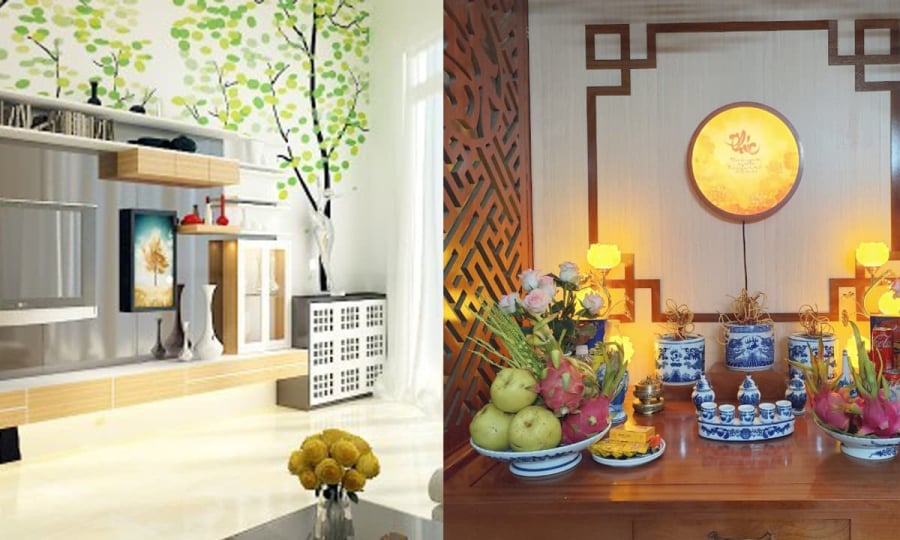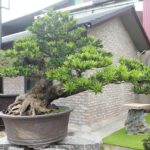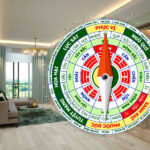Why Bright Living Rooms Are Preferred in Vietnamese Culture
Why is a bright living room considered auspicious in Vietnamese culture?
In Vietnamese Feng Shui, the living room is believed to be the space that welcomes wealth and prosperity. It is often regarded as a reflection of the homeowner’s personality and taste. Therefore, it is essential to keep it well-maintained, clean, and aesthetically pleasing to invite good fortune. The age-old saying, “a bright living room brings prosperity,” still holds value, emphasizing the importance of natural light for the well-being and luck of the household.
Feng Shui principles play a crucial role in designing a living room that attracts wealth. Creating a balanced and harmonious space by considering the Yin and Yang energies is key. This can be achieved by paying attention to the placement of furniture, decor, and the incorporation of natural elements.

A Bright Living Room Brings Prosperity, While a Bright Shrine May Diminish Its Spiritual Significance
In Vietnamese culture, both the living room and the shrine hold significant importance. The living room, bathed in natural light, is seen as a symbol of good fortune and happiness. It is believed to purify the space, eliminate bacteria, dispel negative energy, and foster a peaceful environment for the family. Maintaining a balance between daylight and darkness is crucial to sustaining positive energy within the home.
Why is it considered unfavorable to have a brightly lit shrine?
The shrine, or altar, is a dedicated space for honoring ancestors and displaying respect. In Vietnamese culture, it is customary to design this area with a harmonious blend of Yin and Yang energies, in accordance with Feng Shui principles. However, it is important to avoid direct sunlight shining onto the altar, as it is a sacred space meant to provide tranquility for the ancestors’ spirits.
Additionally, the shrine is believed to be a dwelling place for sensitive spiritual entities. Excessive light may disturb their peace. This belief aligns with the Feng Shui concept, where intense light can disrupt the delicate balance of the spiritual realm. Therefore, shrines are typically illuminated with soft lighting, often using red lamps, to create a soothing atmosphere while avoiding direct exposure to external light and wind.

Bright Living Room, Bright Future
In modern times, due to space constraints, many families choose to place the shrine in the living room. This convenient arrangement allows for a separate, dedicated space for worship while ensuring that the activities in the living room do not interfere with the tranquility of the shrine.
It is worth noting that these beliefs are deeply rooted in traditional Vietnamese culture and Feng Shui practices. While they may hold symbolic value, one should also consider adapting them to suit personal preferences and modern-day living while respecting the cultural significance.
Information provided is for reference only and may be subject to individual interpretation.





































